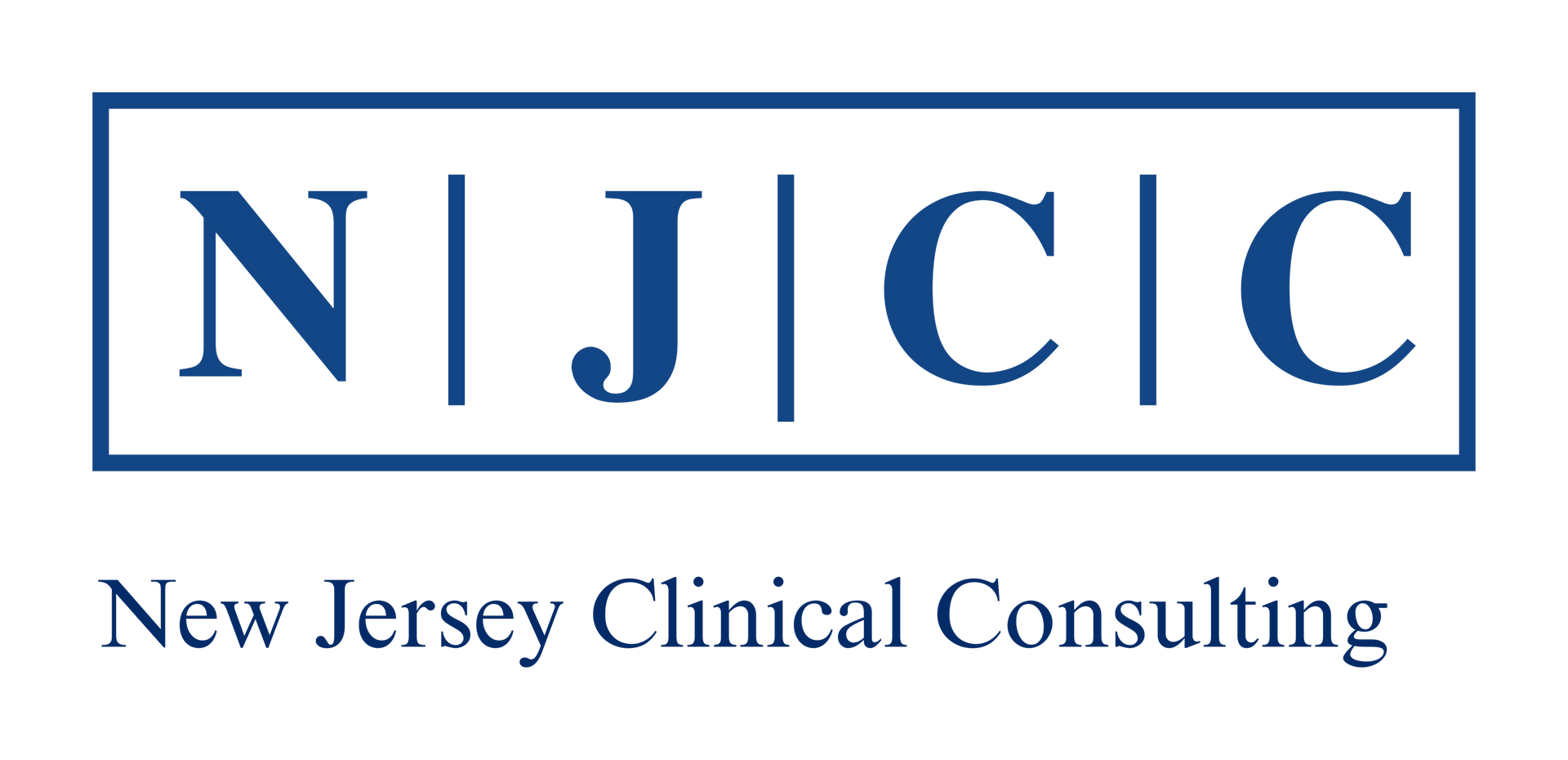Counseling and psychotherapy for individuals, couples and families.
Leadership's Role in DEI for Healthcare Interns

In the complex and evolving world of community healthcare, non-profit organization leaders have a crucial role in championing diversity, equity, and inclusion (DEI) for their consumers, staff, and interns.
This responsibility extends beyond ethical considerations; it is a strategic imperative critical to the provision of culturally competent care, fostering an environment of learning and innovation, and reflecting the diverse needs of the communities served. By prioritizing DEI, leaders in this sector can enhance the educational experience of interns, improve patient outcomes, and set a standard for inclusive healthcare practices.
Understanding The Current Scenario
Navigating the landscape of DEI in non-profit healthcare organizations involves more than just acknowledging diversity; it requires a deep understanding and active management of the intersectionality present among student interns. Intersectionality recognizes the complex, overlapping nature of social categorizations such as race, class, and gender, leading to unique challenges and forms of discrimination.
Student interns often face multiple barriers, including the need to balance daytime internships with employment, overcoming stigmas associated with past incarcerations, and other socio-economic challenges that hinder their access to internship opportunities.
Effective leadership in fostering diversity, equity, and inclusion in the workplace hinges on implementing strategic actions that not only embrace differences but actively leverage them to enrich organizational culture and performance.
01 Develop Flexible Internship Programs
Tailoring internship programs to accommodate varied schedules can significantly help students who need to balance work or family commitments. This flexibility could include offering part-time internships, remote work options, or non-traditional working hours.
02 Foster an Inclusive Environment for All
For students with prior criminal and expunged records, creating a supportive environment that actively works to dismantle stigmas is essential. This might involve advocacy efforts, targeted support programs, and partnership with organizations specializing in reintegrating individuals with past incarcerations into the workforce. Partnering with community reentry-focused organizations can also help to reduce stigma and create pathways for internship opportunities.
03 Enhance Accessibility
Implementing stipends or compensation for internships can be a game-changer for students who cannot afford unpaid work. Additionally, offering transportation subsidies or partnering with local childcare providers can further remove barriers to participation.
04 Foster an Inclusive Culture
Cultivating a workplace where interns from all backgrounds feel welcomed and their perspectives valued is critical. This includes regular DEI training for staff, open forums for sharing experiences, and a zero-tolerance policy for discrimination.
05 Equity-Focused Recruitment
Actively recruit from communities and educational institutions that serve underrepresented groups. This could involve outreach programs, scholarship opportunities, or collaborative projects with these institutions to build a pipeline of diverse interns.
06 Tailored Training & Development
Incorporate comprehensive training programs that cover cultural competency, sensitivity, and the importance of intersectionality. Such programs should not only be informative but also interactive, allowing interns to engage with and learn from real-world scenarios.
Evaluate and Adapt
Regular assessment of DEI initiatives is vital. This could involve surveys, feedback sessions, and review meetings to gauge the effectiveness of current strategies and identify areas for improvement. Engaging interns in this evaluative process can provide valuable insights into their experiences and the impact of the organization's efforts.
Leaders in non-profit community healthcare have a significant opportunity and responsibility to shape a more equitable and inclusive environment for their student interns. By understanding and addressing the varied barriers these interns face, and by implementing thoughtful and responsive strategies, they can create more accessible and supportive internship programs. Such an approach not only enriches the intern experience but also contributes to a more empathetic, diverse, and effective healthcare system.




